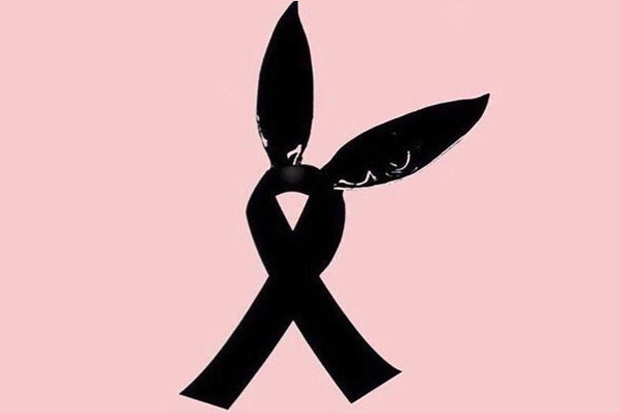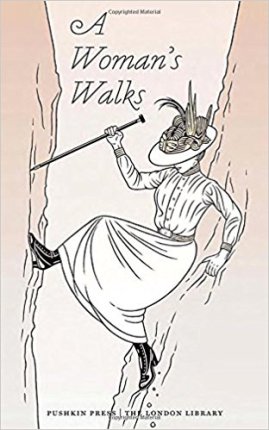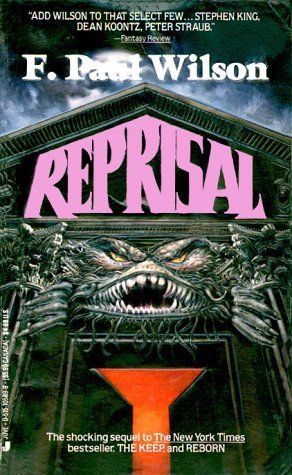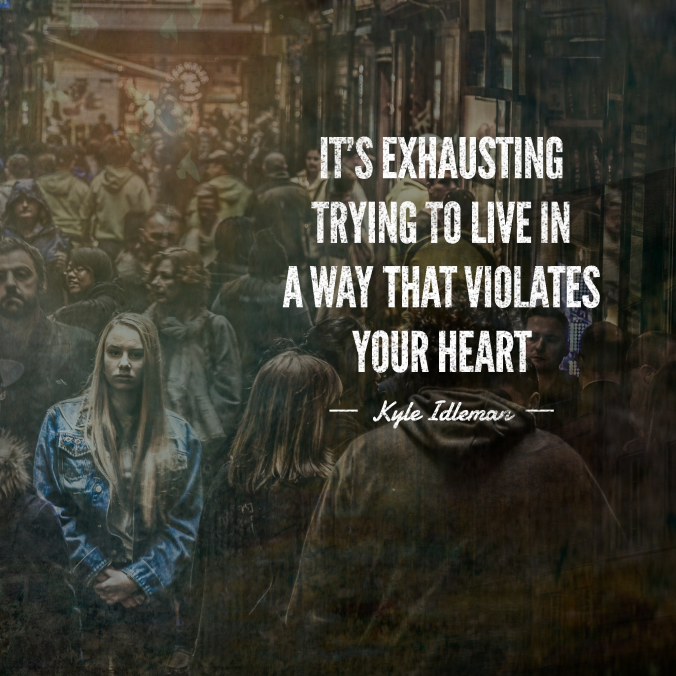The tragic bombings during the Ariana Grande concert a few weeks ago was a pretty hard to miss story. Myriad celebrities sent their love and prayers via snapping, tweeting, and posting. Hundreds of newspapers worldwide kept articles about it at the top of the fold for days. In this day in age, it seems hard to miss what’s going on in our world, but one thing we might not be seeing is the change in the genre of music that has been a defining characteristic of American mainstream culture for decades, and what has been one of the signature trademarks of the vast influence America has over cultures worldwide: pop music.
Now, I wouldn’t call myself a pop-culture aficionado, though I do flip through People Magazine frequently enough to be able to tell you a brief synopsis of the Kardashian family dynamic, and maybe tell you who J Lo is dating at the moment. And admittedly I have spent many a car ride mouthing the lyrics or bopping my head along to catchy pop songs, all pretty mindlessly. After a while, the whole world of pop artists and pop music all started to mush together in my brain one big ball of the same song on repeat, over and over again. In the world of pop music over the past decade, news hasn’t ventured much beyond the occasional partially nude photo posted on Instagram that caused a stir, unfinished thoughts that often left listeners speculating on whether the artist had written about an ex, or an artist receiving scrutiny for being too suggestive with their choice of lyrics.
About a week after the tragedy, Grande returned to Manchester and threw a benefit concert, where the ticket sales, Uber fares, collections buckets, text-to-give appeals, and on-screen appeals for BBC viewers all went to the We Love Manchester Emergency Fund. The concert included many performances by fellow radio giants such as Katy Perry, Miley Cyrus, Justin Bieber, Pharell Williams, Niall Horan, Mac Miller, Chris Martin, Coldplay, the Black Eyed Peas, and Little Mix. Though, none of these performances came close to matching Grande’s beautifully vulnerable rendition of “Somewhere Over the Rainbow.” As I happened to catch a few of these on YouTube the next day, something became abundantly clear as I saw tears stream down each of their faces: these artists are human after all.
Their pain was palpable. You could see it in the tears brimming over Ariana’s eyes, the scream in Katy’s voice, the soul in the Black Eyed Peas’ song. Because it could have happened to any one of them. They say you never really understand someone else’s pain until you get a taste of it yourself, and I think that’s exactly what happened to the pop music industry. Sure, they’ve donated to large charities before, and made pledges to end worldwide hunger, but this was different. It affected one of their most prominent members, so in turn, it affected all of them.
By seeing their pain and hurt, something all humans experience, I saw them as one of us. Despite each of their seemingly easily-acquired success and wealth, they revealed during that concert a more bruised and battered side to the world we so often perceive as perfect. It was as if they had stripped the sheets off of a perfectly made bed. They were not just stars bound by their contracts and record deals, or promoters of various skincare products. They didn’t have filters to hide behind, or managers or choreographers or cameramen. They were just a group of real flesh-and-bones people brought together by tragedy, though prevailing through music.
It’s also said that tragedy brings out the best in people. So, was this just a one time thing, or will there be a permanent change in pop music? You’re asking the wrong person. I just thought I’d shed some light on the possibility of room for growth I saw. Growth is scary, believe me. Sometimes the possibility of it is even scarier once we have found ourselves in a comfortable rut. But I’ve always been under the impression that that was what art was for: pushing the boundaries and setting the bar higher.
Truthfully, I have never been more optimistic to see what lies ahead for their industry. They have the chance to change a mammoth component of American mainstream society for the better, right in their hands. Pop has always played it relatively safe when it came to pushing the boundaries, and setting the bar higher. But do you want to know the dirty little secret behind art? It’s not art when you’re not scared. So, I guess I’d turn my initial question around a bit. The supposedly limitless and void of boundaries industry we call pop music, what risks are you willing to take?

- More






